COBRA AT A GLANCE
CoBra project aims to improve quality of both diagnosis and treatment of localized cancers, by developing a new medical robot prototype for brachytherapy and biopsy under guidance of MRI.
The overall objective of the project is to enhance the patient’s quality of life and reduce their cancer mortality. The prostate and other soft tissues will be the main localized cancers of interest in the Cobra project.
Start date
January 1st, 2018
End date
September 30th, 2022
Total budget
3 800 000 €
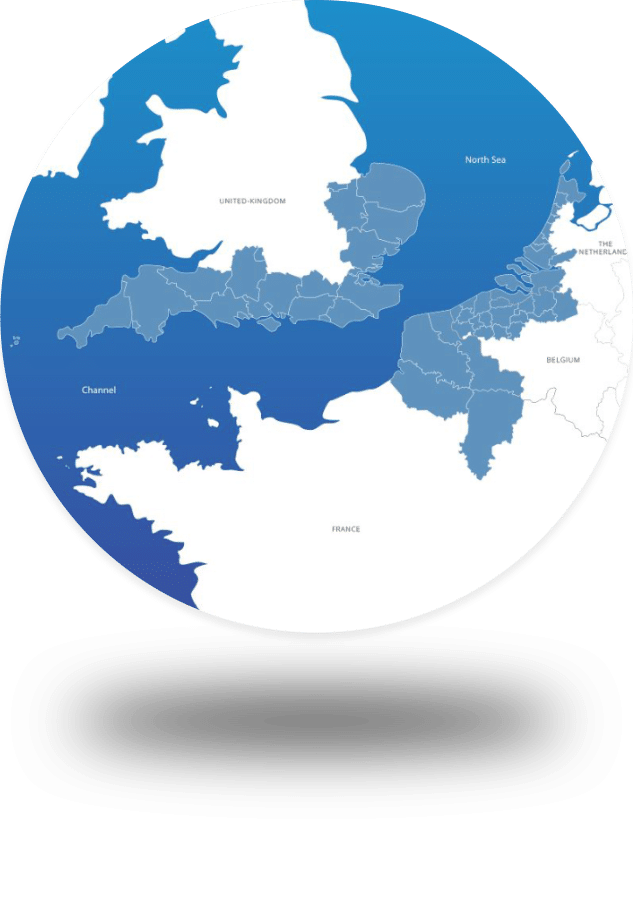
Outputs
Prostate cancer incidence varies, where the rates are highest in Western and Northern Europe, because the practice of prostate specific antigen (PSA) testing and subsequent biopsy has become widespread in those regions. This screening resulted in a 21% reduction in mortality from cancer of prostate cancer over 9 years of follow-up (www.erspc.org).
However, prostate cancer is still the cause of an estimated 72 000 deaths in Europe in 2012. Therefore, prostate cancer is the fifth leading cause of death from cancer in men (source: http://globocan.iarc.fr).
WHY COBRA?
PROJECT GENESIS
Treatment of prostate cancer can be performed by
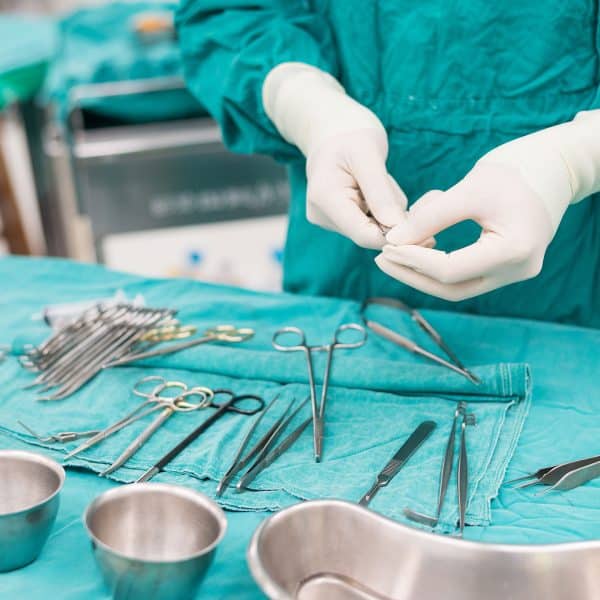
Surgery
Surgery consists in removing the entire prostate
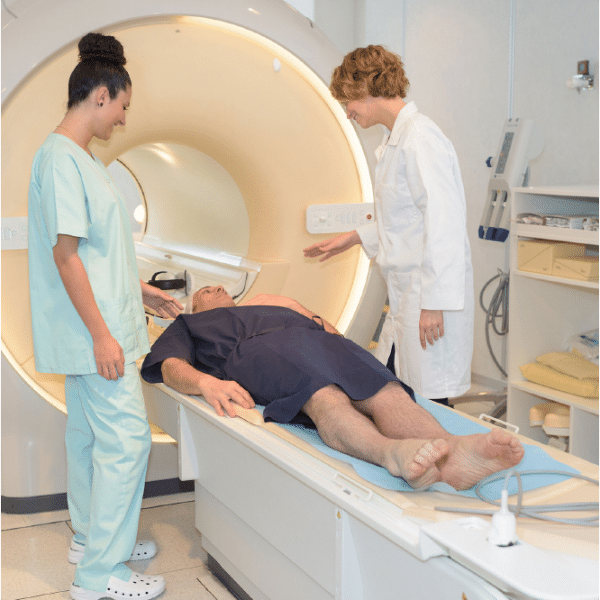
Radiotherapy
External radiotherapy (RT) involves irradiating the target volume with a particle accelerator. RT treatment takes at least 7 weeks and remains relatively hard to bear for patients.
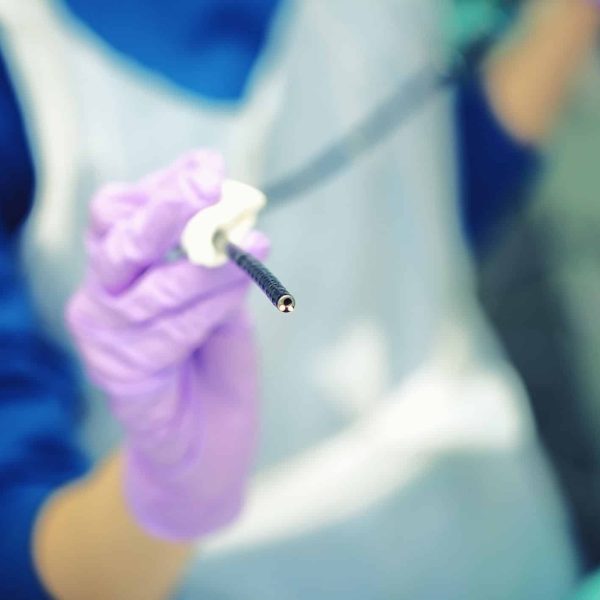
Brachytherapy
In parallel, brachytherapy is a technique better tolerated by patients, aiming to irradiate a target volume by placing radioisotopes emitting low or high ionizing radiation in it or in its contact, only in one intervention.
Conventionally, the low-dose brachytherapy of the prostate consists on a multi-needle insertion from a guide of grid and under ultrasound imaging control. Even if the conventional technique has advantages, it presents also certain practical limits, such as: manual handling of radioactive needles that raises fears among practitioners; impotence, incontinence and trauma of patient.

The fight against cancer is an issue that concerns all cross-border countries
In addition, only few Brachytherapy centres exist in the 2 Seas region. Some resident patients move outside the 2 Seas region to get access to brachytherapy techniques.
This cooperative innovation shall contribute, in a long term perspective,
To reduce socio-economic disparity
inside the 2 Seas region in the area of diagnosis and treatment of cancer
To reduce the mortality rate for prostate cancer
OBJECTIVES
CoBra project aims to improve quality of both diagnosis and treatment of localized cancers, by developing a new medical robot prototype for brachytherapy and biopsy under guidance of MRI.
This allows to achieve an adaptive tumour tracking and dose control in real-time and to reach the overall objective, which is to enhance quality of life for patients and reduce cancer mortality.
Robot remains a technological necessity to improve reliability and accuracy of the deposits of radioactive seeds:
During the last decade, robot prototypes for brachytherapy for prostate cancer under ultrasound imaging control have been developed for needle guidance or seeds deposit. All these have not been tested on real patients, and 95% of them have been developed outside Europe.
In 2015, University of Lille with the support of SATT-Nord, developed a full autonomous robot for brachytherapy and tested on biological subjects, only compatible with ultrasound imaging. However, ultrasound imaging remains sensitive to noise, making difficult the online monitoring of targeted tumour.
Nowadays, the performances of the MRI for cancer diagnosis can be extended to the treatment. Coupling diagnosis and treatment allows optimizing the treatment plan duration. So far, the association robot-MRI for Brachytherapy and biopsy doesn’t exist, only the association of external radiotherapy with MRI is recently developed.
STRATEGY
The 2 Seas region has complementary competences able to reach the overall objectives of the project. Without this cross-border cooperation, it is not feasible to realize this technological innovation.
Specializing in diagnostic equipment for cancer
There are a number of large companies specializing in diagnostic equipment for cancer by imaging or biopsy, eg. Elekta and Philips that are Observer partners in this project.
Specializing in external radiotherapy
Indeed, Philips specialize recently on coupling diagnosis and treatment for external radiotherapy.
Develop biopsy guidance devices
A young company such as Demcon develops biopsy guidance devices under different types of imaging equipment, namely CT and MRI.
Unfortunately, in the 2 Seas region, there is no company specialized in equipment for localized treatment (i.e. Brachytherapy) of prostate cancer and other soft organs.
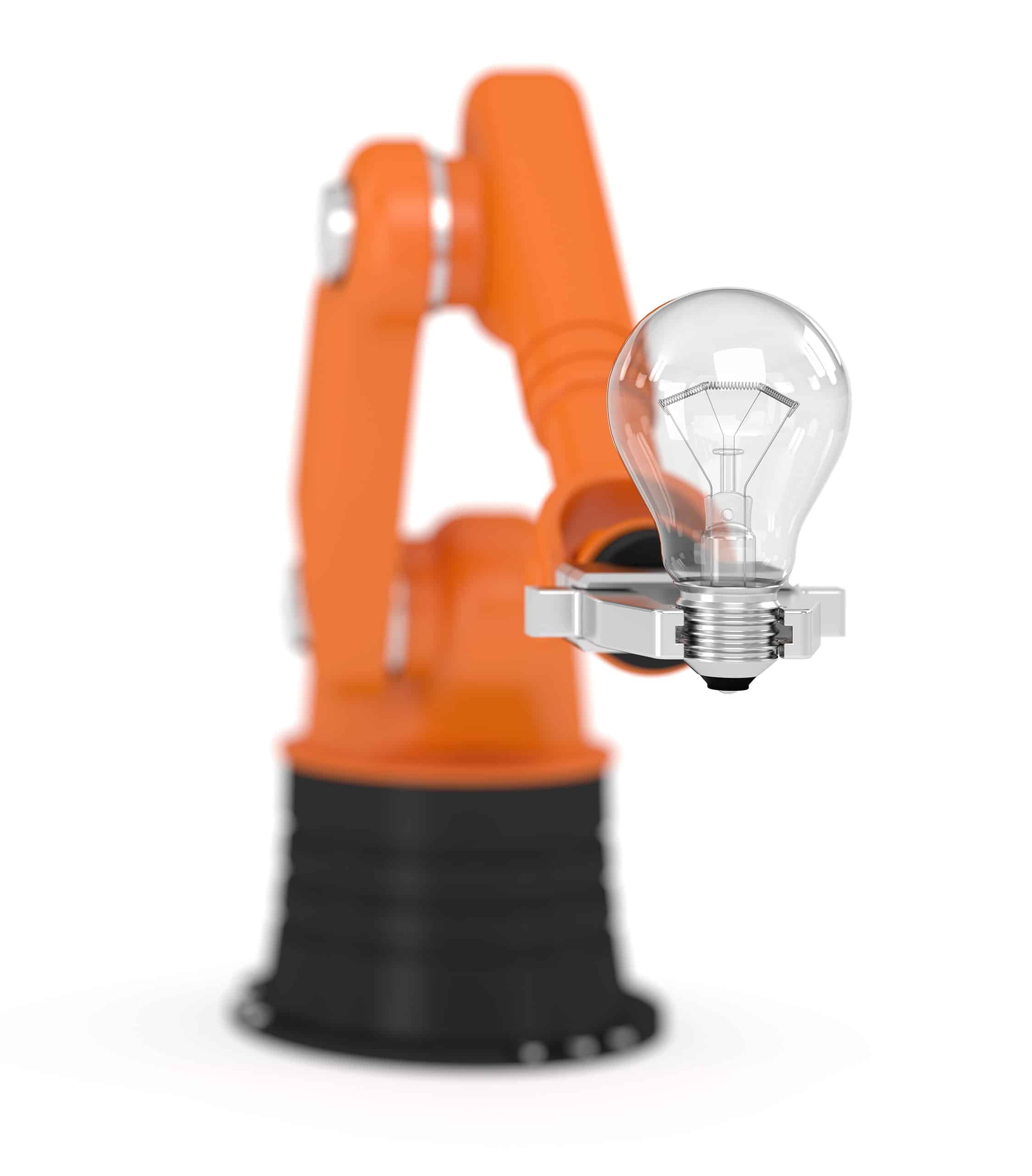
Develop the robot
University of Lille will contribute to the development of the robot
Develop specific steerable needles
TU Delft will develop specific steerable needles under IRM control
Work on the time optimization
University of Portsmouth will work on the time optimization of the treatment plan.
Experience in prostate cancer and brachytherapy practice
Centre Oscar Lambret and NHS Portsmouth Hospital have extensive experience in the localized treatment of prostate cancer and other types of tumours. They are also referenced hospital in the 2 Seas region for the Brachytherapy practice.
Oncologic veterinary clinic
Oncovet, which is an oncologic veterinary clinic, will be a platform for the proof of the concept for treatment of animal cancers
